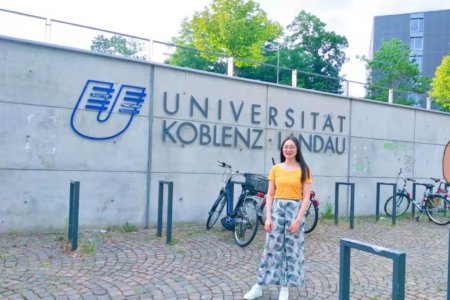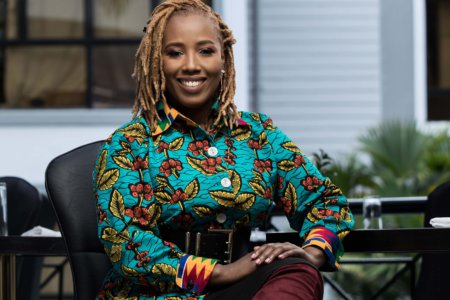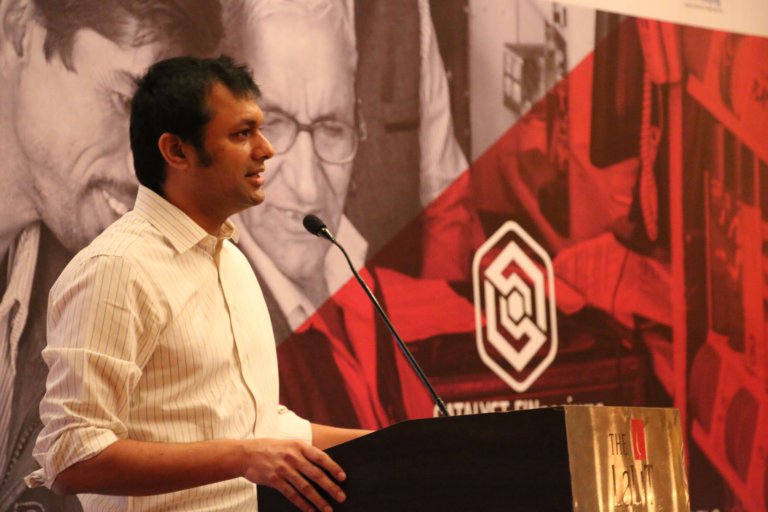
Examples of a global citizen would include Badal Malick, a fintech expert from India. He spent some of his childhood in Canada (where his parents studied), moved to the US (to study) and furthered his knowledge under a Chevening Financial Services Fellowship in the UK.
Then, his career spanned top-tier roles in companies such as McKinsey, World Bank and Intuit. Malick also built India’s first online-to-offline e-commerce platform for Snapdeal.
His deep industry background in fintech along with degrees in economics and physics and an MBA led him to co-found KarmaLife. This fintech mobile app focuses on India’s most vulnerable and fastest-growing employment segments.
What does it take to succeed? We speak to this Yale graduate about KarmaLife, his career and his thoughts on the fintech industry in India:
Can you walk us through your educational journey and your interest in economics and physics?
With a divided early childhood between India and Canada, I was always curious about what drives disparity across societies in income, wealth and opportunities. However, after school in India, I chose physics as I was fascinated by its conceptual depth and elegance.
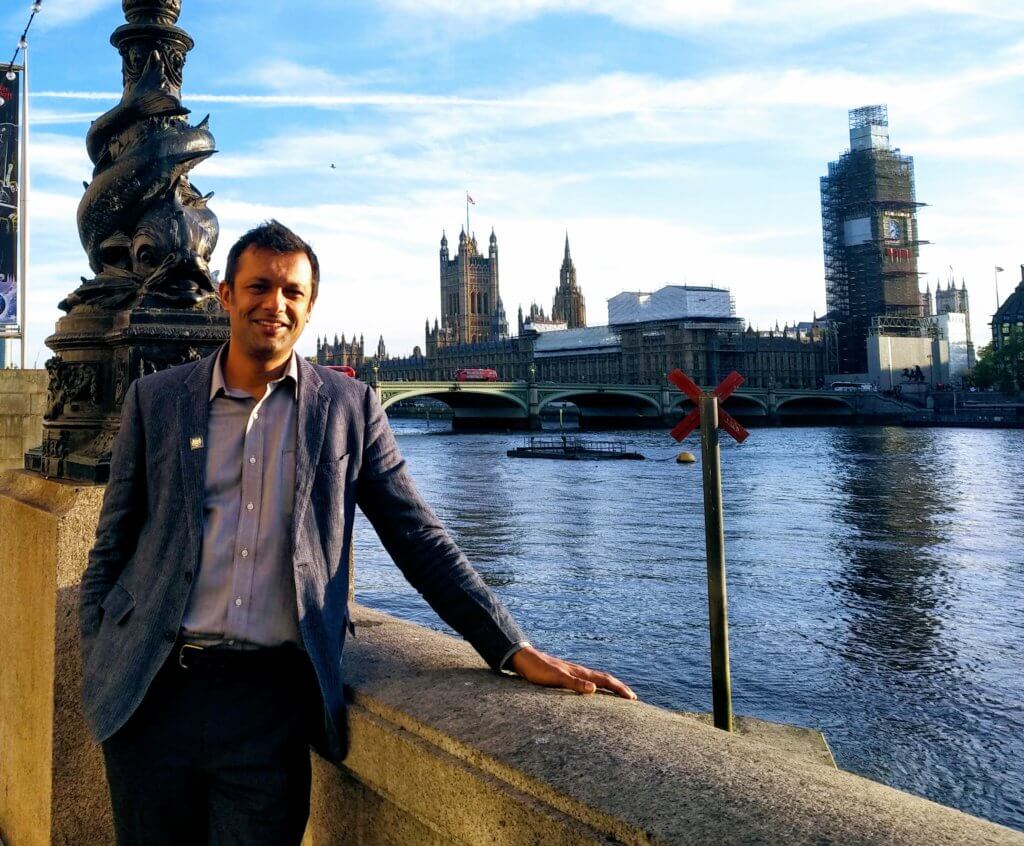
His deep industry background in fintech along with degrees in economics and physics and an MBA led him to co-found KarmaLife. Source: Badal Malick
Uni courses at the time were rigid and uni-disciplinary. After a couple of years at college, when I had the chance to switch to a liberal arts programme in the US, I seized the chance to pursue a double major in physics and economics.
I was interestingly surprised by the extent to which economics tried to model itself on physics, borrowing some of the same principles and concepts which are applied to social systems.
From there, walk us through your career trajectory with digital inclusion and co-founding KarmaLife.
After my undergraduate degree in physics and economics, I did a master’s in economics (dropped out of the PhD) and began working as an applied economist at a consulting firm in New York.
Later, I moved to India to work in the economic development sector which was a mind-altering experience as I worked on institutional reform areas that had the scope to change the lives of billions for the better. In 2006, I decided to pursue an MBA from Yale and after that, I joined McKinsey & Company.
Here, I got foundational training in structured problem-solving. Again, I had the chance to work on large-scale exciting engagements.
These ranged from analytical support to President Obama’s Committee on Jobs & Competitiveness (set up during the 2008 financial crisis) to designing digital strategies for Fortune 50 Financial Institutions.
Eventually, I moved to Silicon Valley where I worked as a product leader at Intuit to shape the development of a global practice management solution for accountants. In 2015, I moved back to India with my family and joined Snapdeal.
I built the country’s first omnichannel e-commerce engine after which I moved to spearhead Catalyst, an innovation lab focused on micro-merchants and digital payments (sponsored by USAID in collaboration with the Indian Ministry of Finance).
I got to learn deeply about the Indian fintech and financial inclusion sector which motivated me to start an entrepreneurial journey. It was around this time that I serendipitously met my co-founders at KarmaLife and we embarked on a shared vision to transform digital finance for blue-collar workers in the country.
KarmaLife is a mobile app-based solution that offers financial resilience, stability and growth to gig and contract workers with volatile cash flows. Such workers have acute short and long-term liquidity needs which is a source of financial stress.
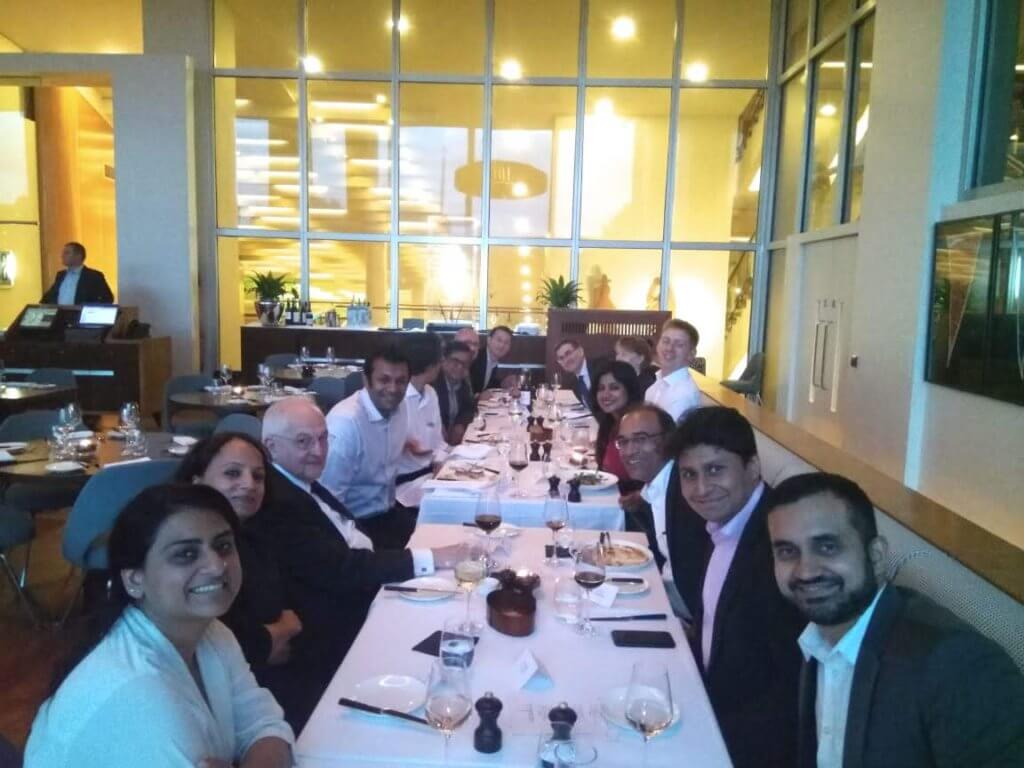
“A dear friend of mine working in the fintech sector participated in the same fellowship and encouraged me to apply,” he says about his Chevening fellowship. Source: Badal Malick
Our solution captures a user’s work, transaction and behavioural data from their employer and mobile platform. With this, we provide a flexible and renewable credit line for a flat subscription fee.
They then use this credit to make everyday purchases (fuel, groceries, insurance, etc). This allows for a quickly built credit score to access cheaper bank credit and other financial services.
Over time, based on their work and repayment histories, these workers get to graduate to deeper forms of credit including smartphone loans, educations loans, vehicle loans and even loans for new businesses. The employers then gain higher engagement, productivity and retention.
Are there knowledge and skills gained from uni you use in your career now?
More than skills, it was about networks and knowledge. These were handy in my subsequent professional network.
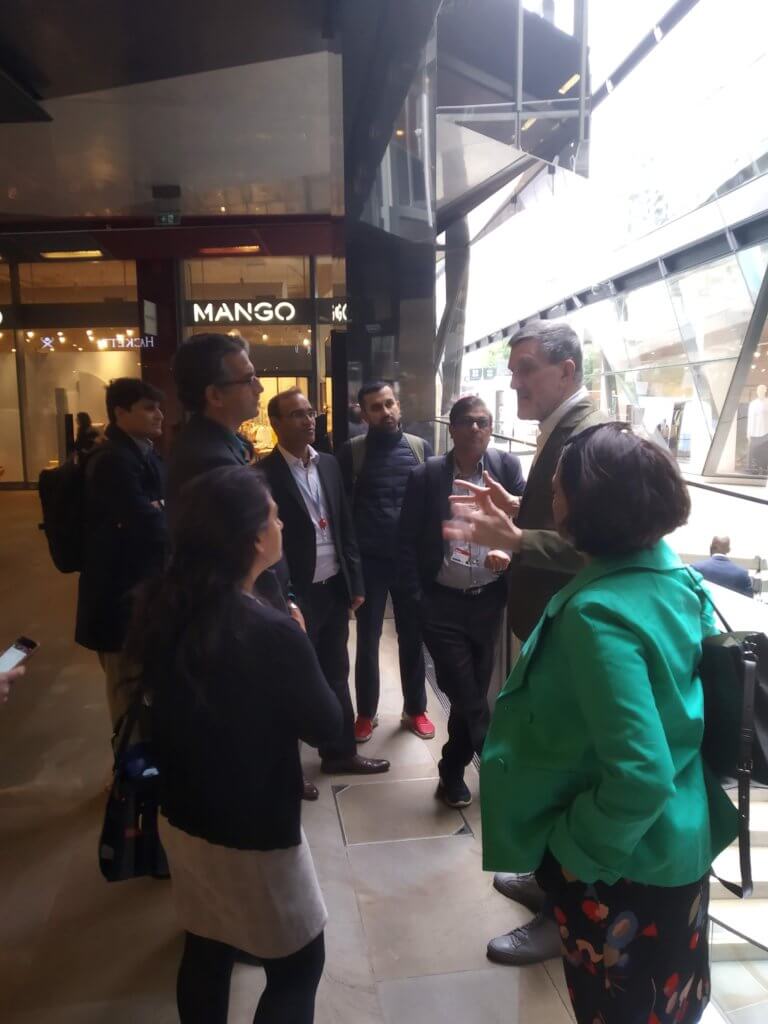
“It would have been great to get more hands-on practical experience in all the exciting stuff happening in the UK financial sector,” he tells Study International. Source: Badal Malick
What made you apply for the Chevening Fellowship?
A dear friend of mine working in the fintech sector participated in the same fellowship and encouraged me to apply. The application and experience was pretty simple, a statement of purpose followed by a short interview panel.
What practical learning elements did you gain?
Since most fellows were mid-career and experts in their field, we learnt a lot from each other. We also learnt about new and cutting-edge areas of finance related to our fields.
For me, personally, it was engaging to learn and apply aspects of the Open Banking Initiative in the UK to the Indian financial inclusion context.
Is there anything you wish you learnt more of?
It would have been great to get more hands-on practical experience in all the exciting stuff happening in the UK financial sector. Much of what we learned was through classroom meetings and field trips.
What advice do you have for students wanting to apply for a Chevening?
It’s definitely a lifetime opportunity to learn, network and travel. The fellowship is a great mid-career break that allows one’s self to step back, strategize career goals and build new professional assets. Be open and bring your best!
Where do you see yourself in 10 years?
Hopefully, switching between a farm in a warm southern European country and a home in the Indian Himalayas. I reckon I would be teaching, consulting and mentoring others.
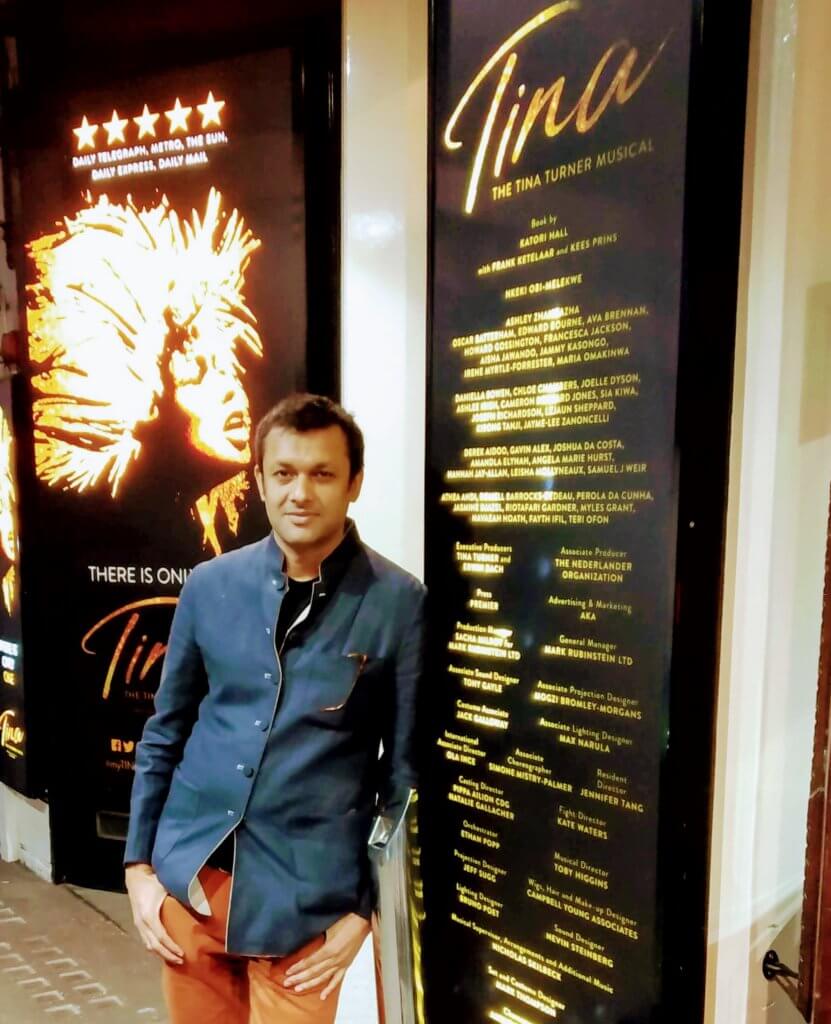
“It’s definitely a lifetime opportunity to learn, network and travel. The fellowship is a great mid-career break that allows one’s self to step back, strategize career goals and build new professional assets,” Malick says about the Chevening Scholarship. Source: Badal Malick
What interesting facts can you share regarding fintech in India?
First, we have unprecedented levels of public goods technology infrastructure that has been created under ‘India Stack’. This has enabled and catapulted the fintech industry, and has massive potential to democratize finance. For example, we have one of the fastest instant bank-to-bank payment systems in the world in UPI.
Second, from today the fintech sector should triple in value to US$150 billion by 2025. I think we will see much of our finance, especially inclusive finance which has eluded traditional financial institutions, optimised through digital, data and AI.
Third. which is related and most exciting to me, is that new technologies are not only digitizing and speeding up what were inefficient processes, but are transforming business models to create entirely new solutions and value propositions. I hope we at KarmaLife are part of this trend.









